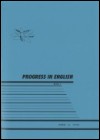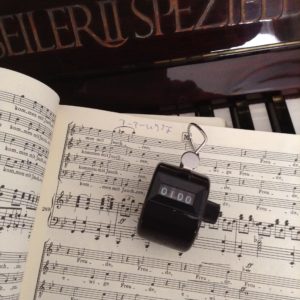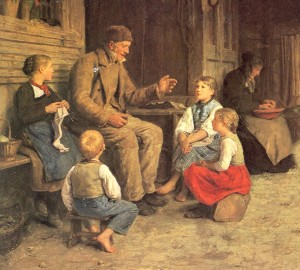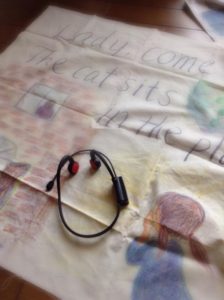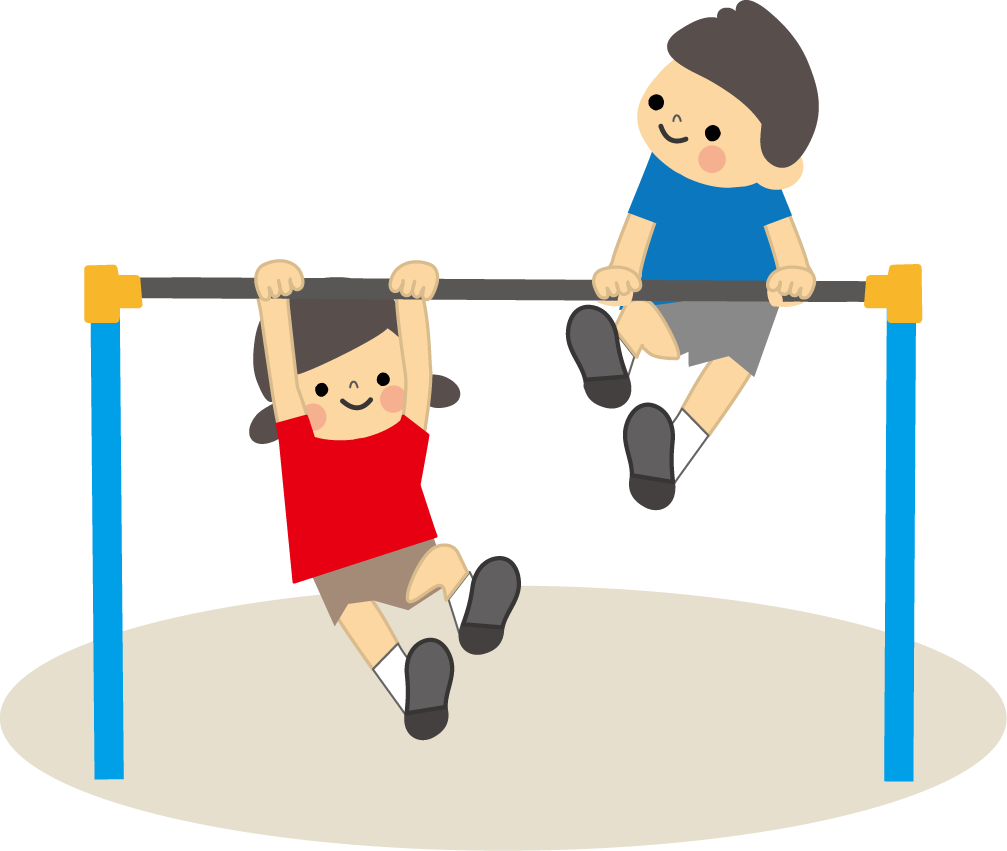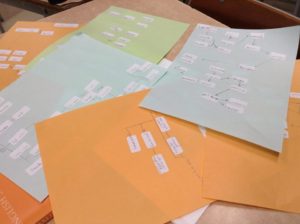「カブキさんって考える時、英語? 日本語?」
よくきかれる質問です。
「どっちも使いません」
もしかしたら何も考えていないのかもしれません。でも、調子の良い時は頭の中を言葉で一杯にして考えるコトはありません。それでは遅いです。頭の中で言葉をいじっているときは、よほどひどいことを言われて忘れられずにいる、など相当調子が悪い時です。ふだんは言葉で考えることをしません。
では、何で考えているのか?それを言葉にする試み自体ちょっと矛盾しているかもしれません。瞬間的です。イメージより閃光に近いかな。楽曲より一瞬の響に近いかな。どおりで雷が好きなわけだ。
だから、英語と日本語を同じように使って人の倍しゃべっているけれど、頭の中は英語でも日本語でもありません。口から出たときに「おやまあ、英語だった」「あれまあ、日本語だった」というわけで。これは小学校3年くらいの男の子が自分のカラダのように、考えなしに自転車を乗りこなしているのに似ています。
中学生の頃、あたまのなかで一生懸命英作文していた感覚は覚えています。あれは車の仮免とりたてくらいの感じで、同乗者はヒヤヒヤでしょうね。ぜんぜん経験が足りません。まったくインプットがたりません。
英語で考えられるようになって嬉しいみなさん、そこで満足したらもったいない。(いちいち日本語で考えないでしょ)
このレベルから抜けるにはstretch yourselfしてまとまりのあるインプットを続けるしかありません。会話集ではなく、ストーリーをおすすめします。
私が中3のときにProgressn in Englishという検定外教科書で出会ったアルフレッド大王の逸話。今年、あちこちで再会しています。さて、どう読む?まずは200回くらい唱えて動画に変換して、勝手に口から出てくるようにすることですな。
(スウェーデンの中学校の英語プリントより少しアレンジして。
筆者名等不明ですみません)
King Alfred and the Cakes
Many years ago there lived in England a wise and good king whose name was Alfred.
No other man ever did so much for his country as he;
and people now, all over the world, speak of him as Alfred the Great.
In those days a king did not have a very easy life.
There was war almost all the time,
and no one else could lead his army into battle so well as he.
And so, between ruling and fighting, he had a busy time of it indeed.
A fierce, rude people, called the Danes, had come from over the sea, and were fighting the English.
There were so many of them, and they were so bold and strong,
that for a long time they won every battle.
If they kept on, they would soon be the masters of the whole country.
At last, after a great battle, the English army was broken up and scattered.
Every man had to save himself in the best way he could.
King Alfred fled alone, in great haste, through the woods and swamps.
Late in the day the king came to the hut of a woodcutter.
He was very tired and hungry,
and he begged the woodcutter’s wife to give him something to eat and a place to sleep in her hut.
The woman was baking some cakes upon the hearth,
and she looked with pity upon the poor, ragged fellow who seemed so hungry.
She had no thought that he was the king.
“Yes,” she said, “I will give you some supper if you will watch these cakes.
I want to go out and milk the cow; and you must see that they do not burn while I am gone.”
King Alfred was very willing to watch the cakes, but he had far greater things to think about.
How was he going to get his army together again?
And how was he going to drive the fierce Danes out of the land?
He forgot his hunger; he forgot the cakes; he forgot that he was in the woodcutter’s hut.
His mind was busy making plans for tomorrow.
In a little while the woman came back.
The cakes were smoking on the hearth. They were burned to a crisp.
Ah, how angry she was!
“You lazy fellow!” she cried.
“See what you have done! You want something to eat, but you do not want to work!”
I have been told that she even struck the king with a stick;
but I can hardly believe that she was so ill-natured.
The king must have laughed to himself at the thought of being scolded in this way;
and he was so hungry that he did not mind the woman’s angry words
half so much as the loss of the cakes.
I do not know whether he had anything to eat that night,
or whether he had to go to bed without his supper.
But it was not many days until he had gathered his men together again,
and had beaten the Danes in a great battle.
w6



